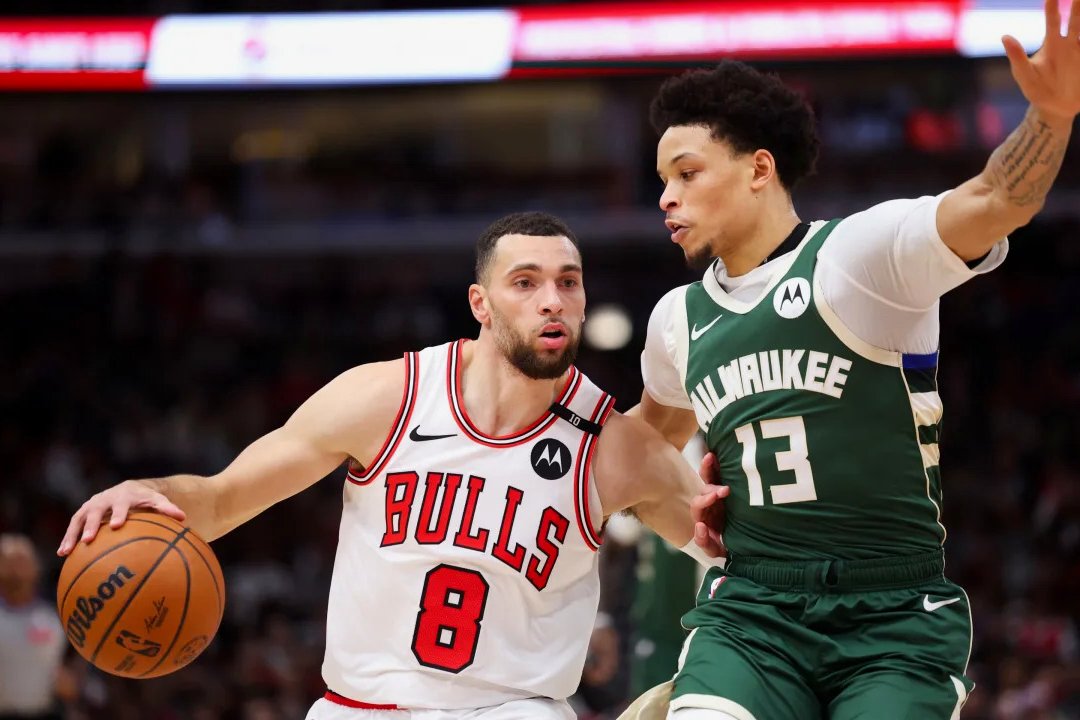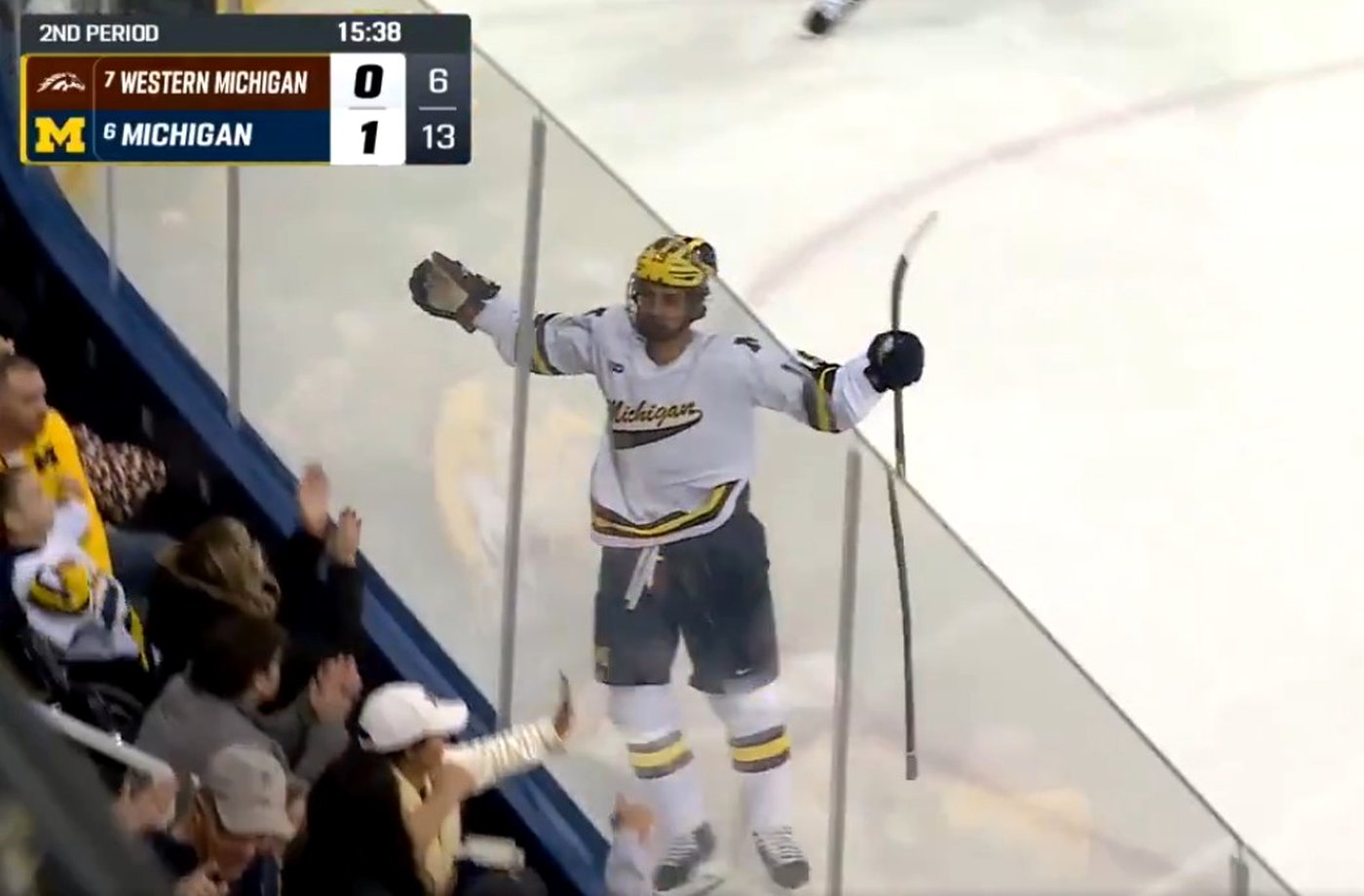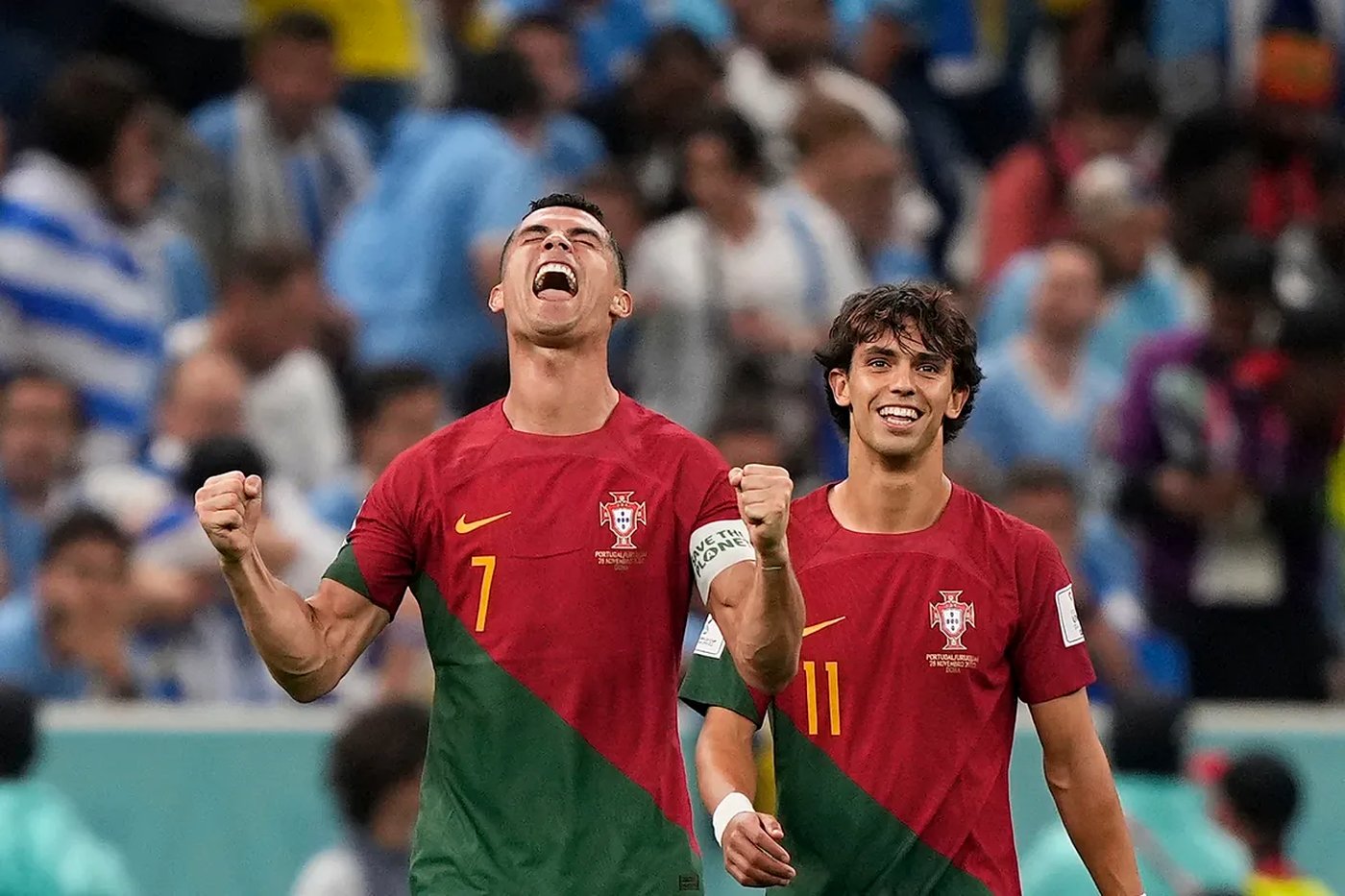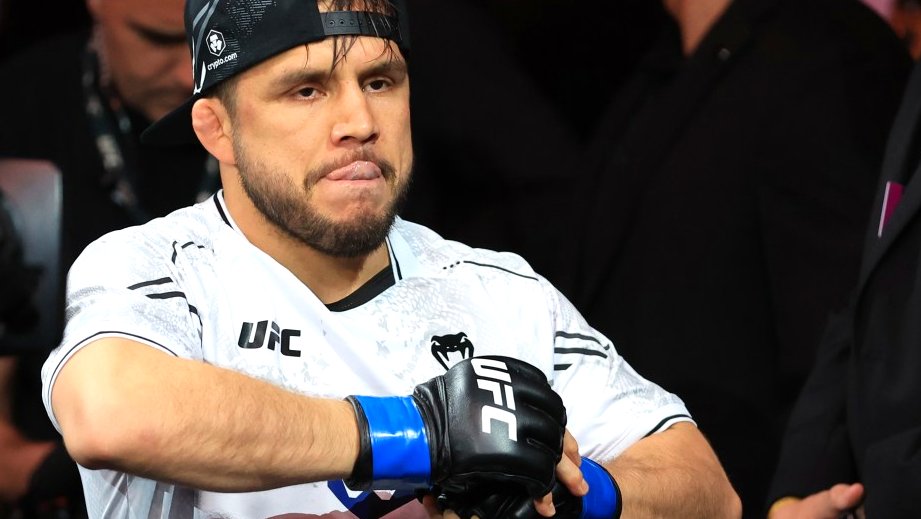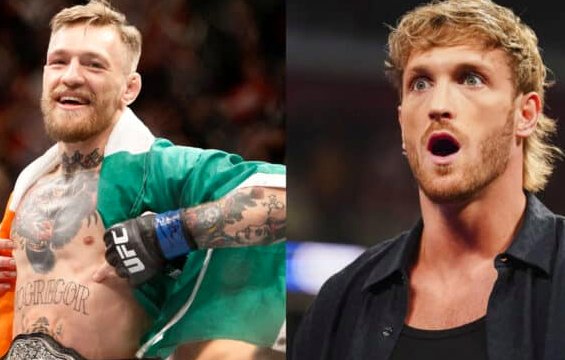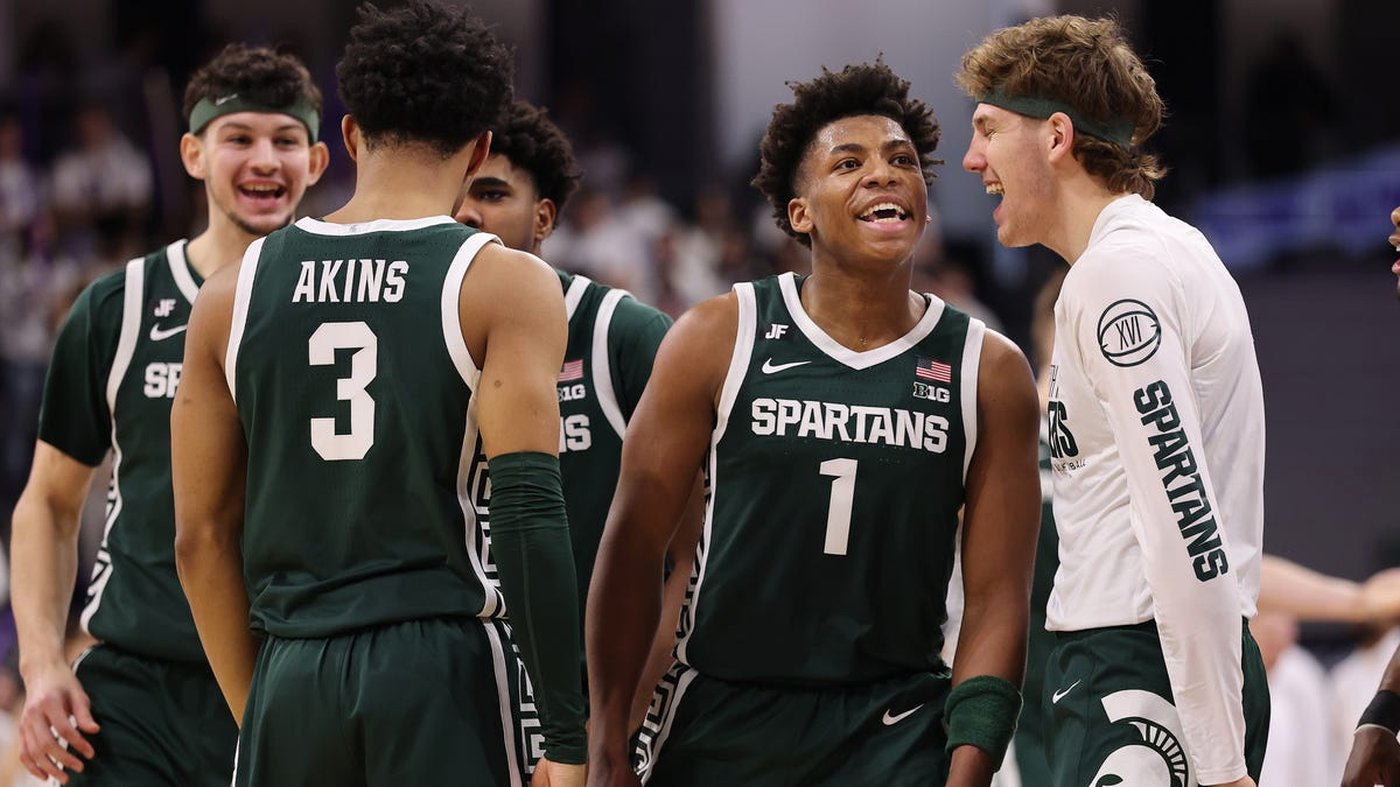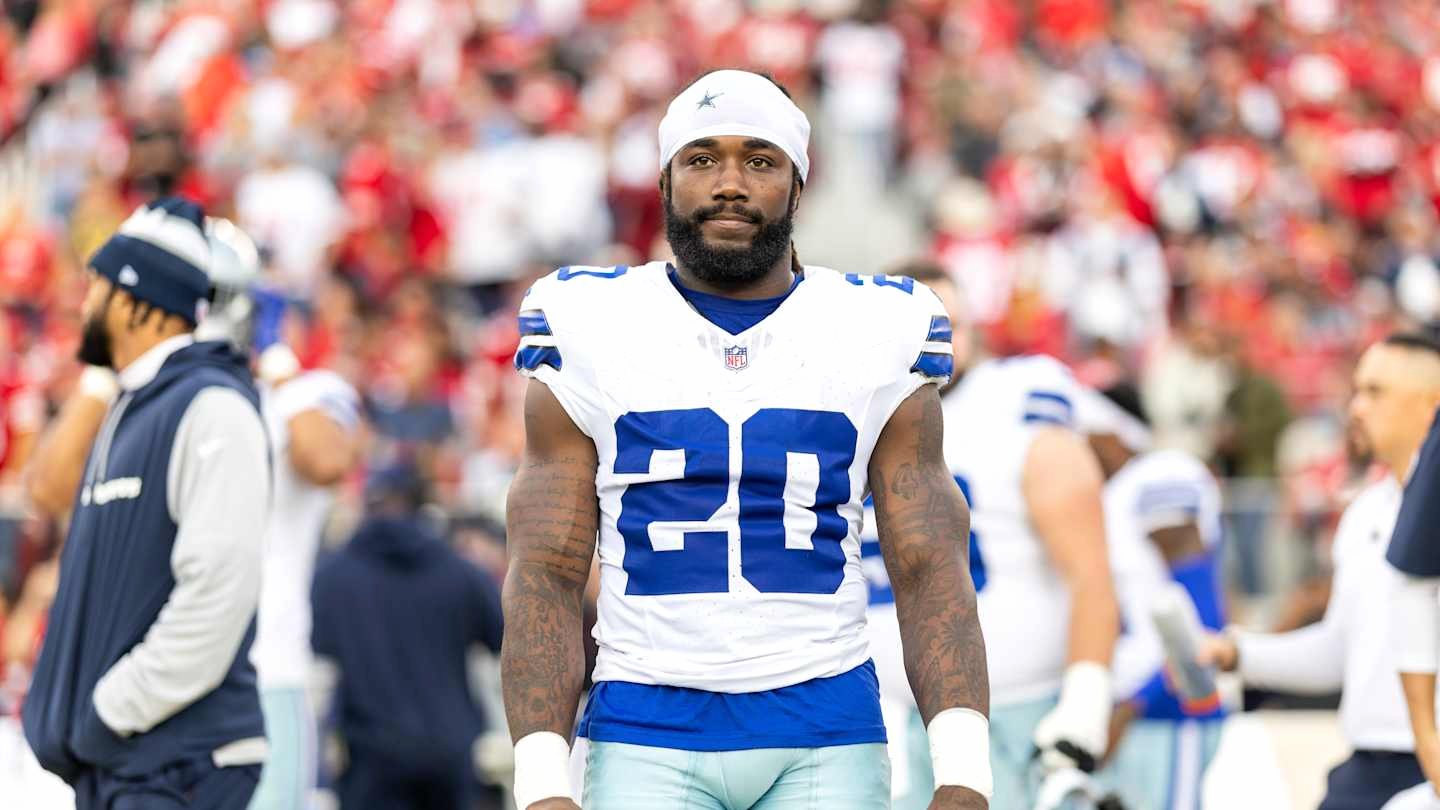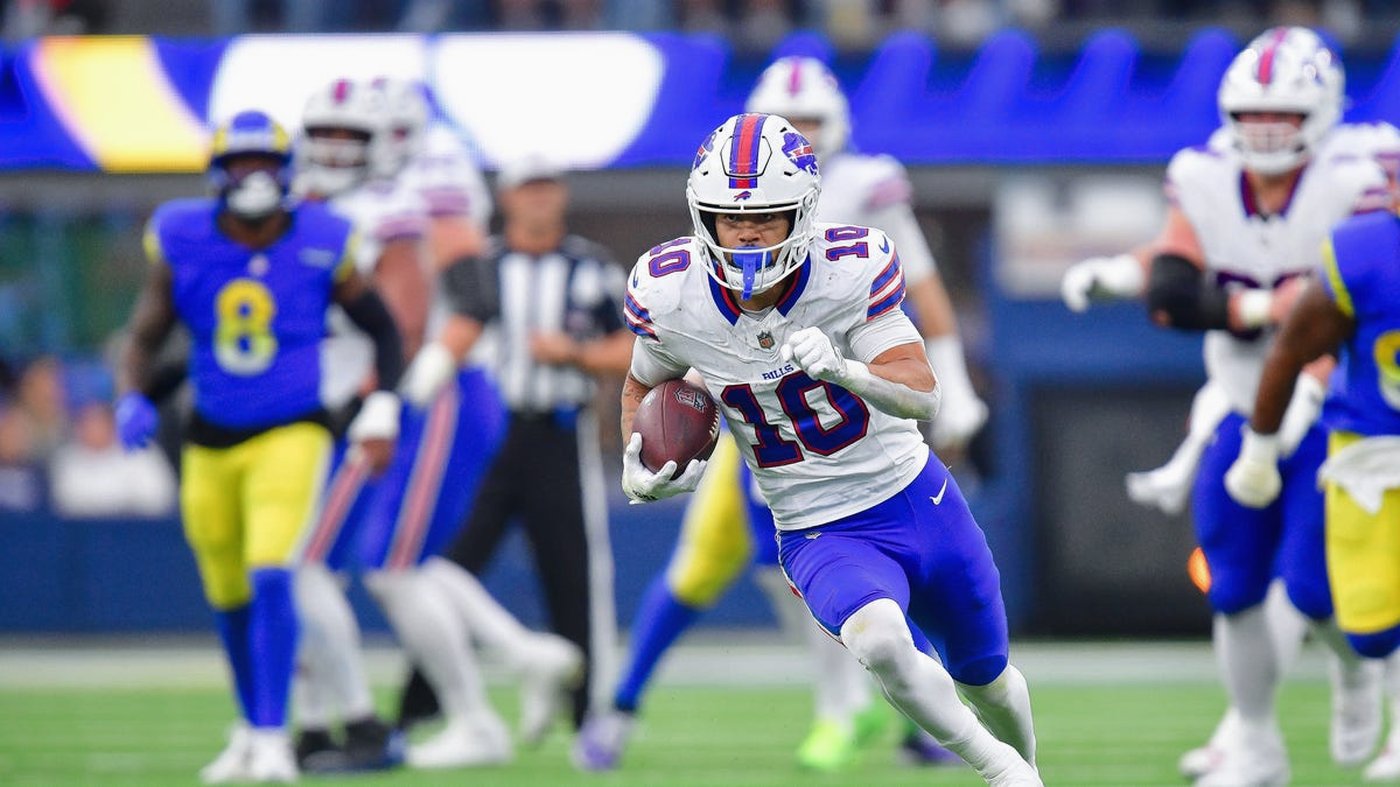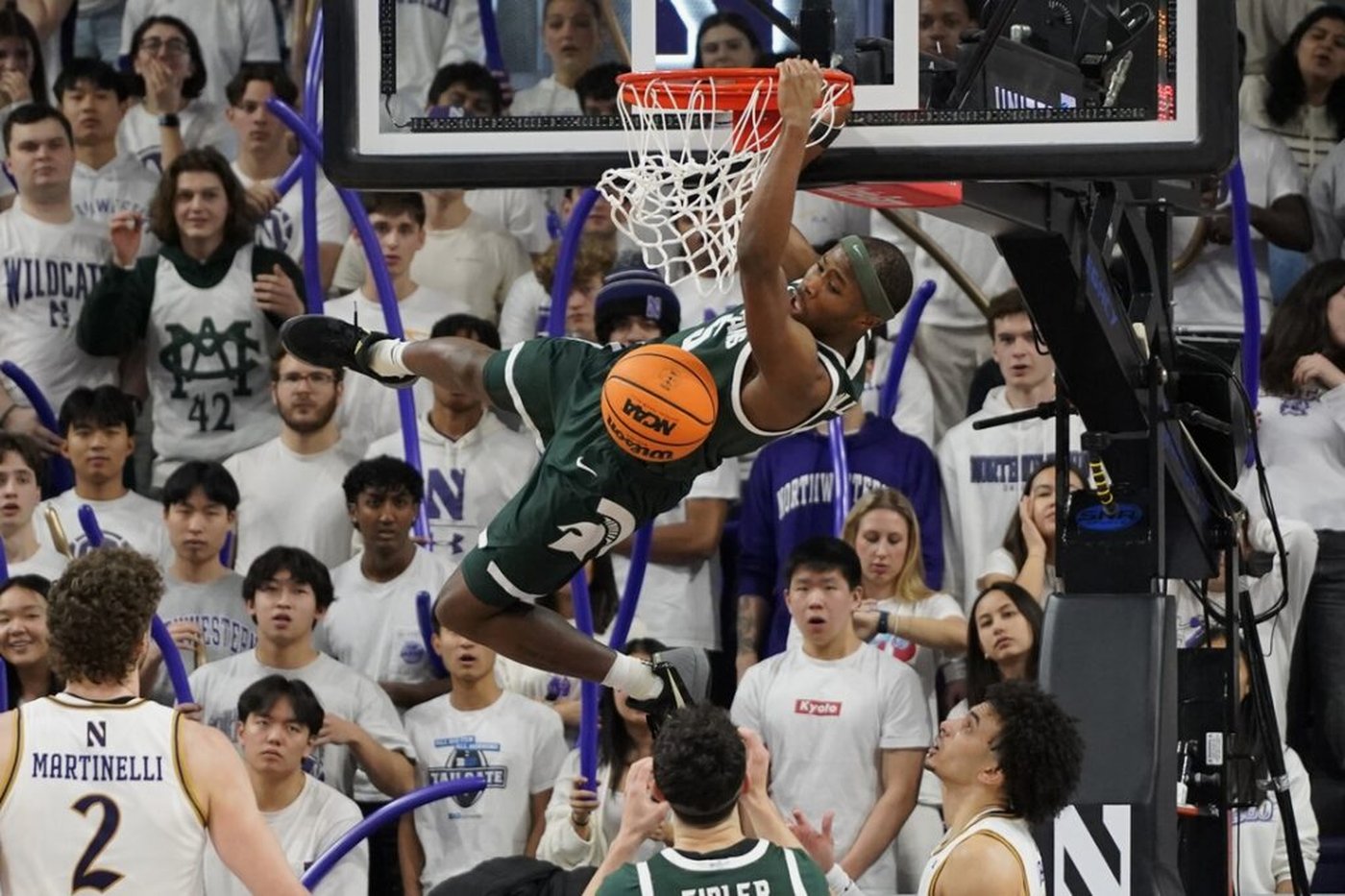The Chicago Bulls’ 2024-25 season is shaping up to be a story of unfulfilled potential and blurred direction. Straddling the line between rebuilding and competing, the Bulls find themselves in a precarious position, with major decisions looming as 2025 begins.
A season defined by indecision and stagnation.
As the calendar flips to 2025, the Chicago Bulls sit at 15-18, clinging to the 9th seed in the Eastern Conference. While this position may offer a shot at the NBA’s Play-In Tournament, it also places the Bulls in a no-man’s land—too good to secure a top draft pick, yet too inconsistent to pose a serious playoff threat. Their -3.3 net rating underscores a team that is arguably overperforming, despite being mired in mediocrity.
Critics have pointed to the Bulls’ lack of a clear direction as the root of their struggles. Executive Vice President of Basketball Operations Artūras Karnišovas has yet to commit to a definitive plan. At the start of the season, he spoke vaguely about “trying to win every game” while simultaneously developing young talent. Yet, the team’s actions have not aligned with these goals. Veterans like Zach LaVine and Nikola Vučević have carried much of the load, while young players like Patrick Williams and Matas Buzelis have failed to make significant strides. The result? A franchise trapped in a cycle of mediocrity, with no clear path forward.
“We haven’t committed to tanking, nor have we committed to building a playoff-caliber team,” said an anonymous league executive familiar with the Bulls’ situation. “It’s the worst place you can be in the NBA.”
Missed opportunities and a cloudy future.
The Bulls’ reluctance to fully embrace a rebuild has had tangible consequences. Their top-10 protected draft pick, a critical asset for a team in need of young talent, is now in jeopardy. If the season ended today, the Bulls would send the 11th overall pick to the San Antonio Spurs, a painful reminder of the risks of straddling the line between competing and rebuilding. With a relatively easy remaining schedule—the third-easiest in the league, according to Tankathon—the Bulls are positioned to win just enough games to miss out on both top-tier draft prospects and meaningful playoff contention.
Moreover, the front office has yet to capitalize on the trade value of veterans like LaVine, Vučević, and even Lonzo Ball, who continues to work his way back from a two-year injury hiatus. While LaVine and Vučević are having standout seasons, the market for high-salary veterans is tepid, with recent trades for comparable players yielding only second-round picks or expiring contracts. The lack of decisive moves to either sell high on veterans or fully invest in player development has left the Bulls in a strategic limbo.
Meanwhile, the team’s younger players, who should be the foundation of any rebuild, have failed to meet expectations. Patrick Williams, once seen as a potential cornerstone, has stagnated with averages of just 10 points and 3.2 rebounds per game over the last seven contests. Matas Buzelis, the highly touted rookie, is struggling to find minutes, playing just 404 total minutes this season, ranking 18th among rookies. Without significant growth from these players, the Bulls’ long-term outlook remains bleak.
Players and coaches refuse to tank, but at what cost?
Despite the front office’s lack of direction, the Bulls’ players and coaching staff remain committed to competing. Zach LaVine, one of the team’s leaders, made his stance clear after a recent three-game winning streak capped by an upset over the Boston Celtics. “Players and coaches never tank,” LaVine said. “It’s not going to happen.” Head coach Billy Donovan echoed this sentiment, emphasizing the importance of maintaining the integrity of competition. “Nothing has ever been said to me like, ‘Listen, we’ve got to keep this pick so do this and this,’” Donovan stated. “That is not happening.”
While this mindset is admirable, it also highlights the disconnect between the team’s on-court efforts and its long-term goals. The Bulls’ veterans, particularly LaVine and Vučević, have carried the team to several victories that may ultimately harm the franchise’s future. Their performances, while impressive, have done little to push the Bulls into serious playoff contention and have instead jeopardized the team’s chance of retaining its lottery-protected pick. Even in games where young talent could take the spotlight, head coach Donovan has leaned heavily on veterans, further stunting the development of players like Buzelis and Julian Phillips.
For example, in the Bulls’ overtime win against the Charlotte Hornets, veteran Torrey Craig scored 18 points in the second half and overtime, playing crucial minutes while young players sat on the bench. Critics argue that these moments, while thrilling in the short term, come at the long-term expense of giving younger players valuable experience. “You can’t have it both ways,” said an NBA scout. “If you want to develop young talent, you have to give them the minutes to grow, even if it costs you games in the present.”
Looking ahead: The need for decisive action.
As the NBA trade deadline approaches, the Bulls’ front office faces mounting pressure to make bold moves. With their playoff hopes dim and their draft pick hanging in the balance, the Bulls must decide whether to embrace a full-scale rebuild or double down on their current roster. Standing pat is no longer a viable option.
Trading veterans like LaVine, Vučević, or even Lonzo Ball could fetch valuable assets and create a clearer path toward rebuilding. On the other hand, a more aggressive push for the playoffs would require additional moves to bolster the roster—a risky proposition given the Bulls’ current standing and limited cap flexibility. Either way, the Bulls’ lack of direction must be addressed to avoid another lost season.
The coming weeks will also test the resolve of Artūras Karnišovas and the front office. Having already forfeited significant draft capital in previous trades, the Bulls can ill afford another misstep. Fans are growing increasingly restless, with many calling for accountability and a clearer vision for the future. Despite high attendance figures, the patience of Chicago’s loyal fanbase is wearing thin.
A franchise at a crossroads.
The Chicago Bulls find themselves at a critical juncture as 2025 begins. Their current strategy—or lack thereof—has left them stuck in NBA purgatory, where mediocr ity and missed opportunities reign supreme. Without a clear commitment to either rebuilding or contending, the franchise risks squandering another season and further alienating its passionate fanbase.
With a roster that has shown flashes of brilliance but lacks consistency, the Bulls must take decisive action in the coming weeks. Whether that means embracing a rebuild by trading veterans for assets or doubling down on their current core to make a playoff push, one thing is clear: the status quo is no longer sustainable.
The clock is ticking for the Bulls’ front office to prove that they have a vision for the future. As the trade deadline nears and the playoff picture becomes clearer, Karnišovas and his team must make choices that will define the trajectory of the franchise for years to come. The time for half-measures has passed. Bulls fans, players, and even the league itself are watching closely, waiting to see if Chicago can finally break free from the cycle of mediocrity that has plagued the team for far too long.
Related posts:
- Joakim Noah Looks Back on His NBA Career and His Fiery Encounter with Shaquille O’Neal
- Cleveland Browns Face Uncertain Offseason: Roster Decisions and Draft Implications Loom
- Portland Trail Blazers: A Season of Struggles and Sparks of Hope
- Uncertain Future: Aaron Rodgers Hints at Retirement Amid New York Jets Overhaul

